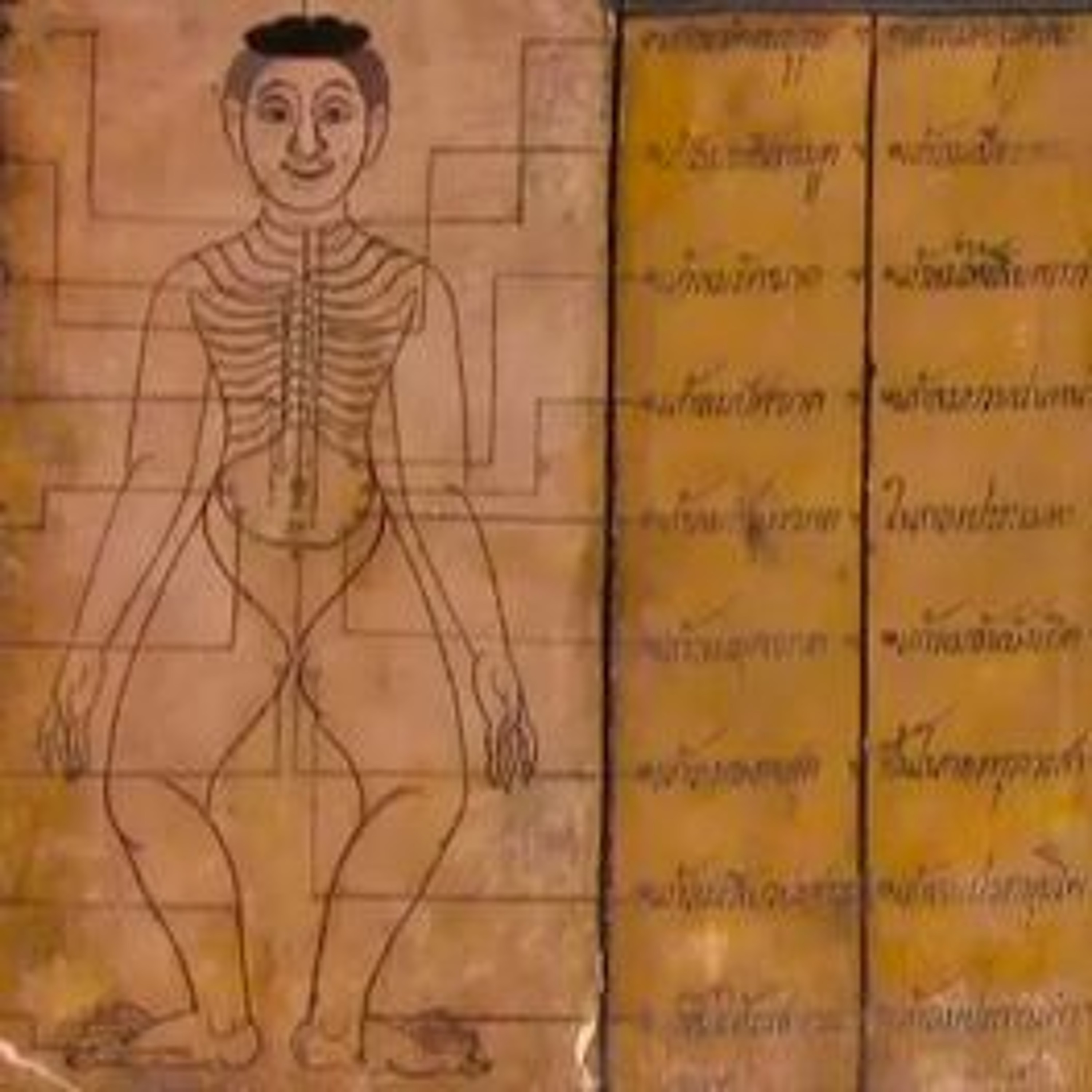Show Notes
A conversation with Devin Zuckerman, a Buddhist studies scholar from the University of Virginia whose research looks at Buddhist theories and practices involving the elements of earth, water, fire, wind, and space.
In this conversation with Frances Garrett, part of a Footnotes series on posthumanist approaches to the study of Buddhism, Devin Zuckerman talks about how the elements are used to map human difference, and how they function as an “information technology” that connects human bodies and non-human environments. She describes sensory practices such as listening to the sounds of water as a way of making intelligible a more-than-human world. Drawing inspiration from eco-feminism, she explores how embodied contemplative practices in Buddhism may subvert a nature/culture binary, and how these practices may allow climate change to manifest in a practitioner's body.
Listeners may learn more about Devin Zuckerman’s work at https://vcsr.virginia.edu/devin-zuckerman.
Works discussed in this conversation include Astrida Neimanis and Rachel Loewen Walker’s article “’Weathering’: Climate Change and the ‘Thick Time’ of Transcorporeality” , published in Hypatia, Vol. 29, No. 3 (2014), pp.558-575.
This episode of Buddhist Studies Footnotes was created, produced and edited by Frances Garrett, with support from the Robert H.N. Ho Family Foundation Centre for Buddhist Studies at the University of Toronto. This project aims to make Buddhist Studies research freely accessible to students and the public.




